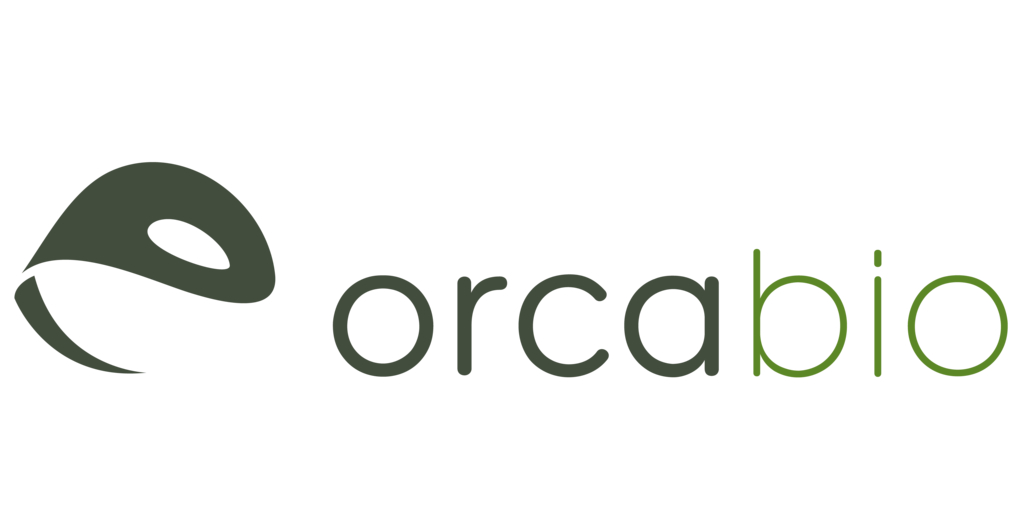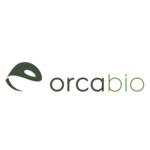
Orca Bio Presents Clinical Results on Use of Orca-Q® without GvHD Prophylaxis in Patients with Hematological Malignancies at the 66th ASH Annual Meeting
Orca-Q allogeneic T-cell immunotherapy with no GvHD prophylaxis in patients with matched donors demonstrated low rates of GvHD and non-relapse mortality
MENLO PARK, Calif.–(BUSINESS WIRE)–Orca Bio, a late-stage biotechnology company committed to transforming the lives of patients through high-precision cell therapy, today presented clinical findings on the use of Orca-Q, its investigational second-generation allogeneic T-cell immunotherapy, without the use of any graft versus host disease (GvHD) prophylaxis in patients with diverse hematological conditions at the 66th American Society of Hematology (ASH) Annual Meeting.
Preliminary data from a subset of the multicenter Phase 1 clinical trial of Orca-Q in patients with acute myeloid leukemia (AML), acute lymphoblastic leukemia (ALL), chronic myeloid leukemia (CML) and myelofibrosis (MF) showed encouraging patient outcomes without the use of GvHD prophylaxis, including low rates of GvHD, infection and non-relapse mortality (NRM) in patients with fully matched donors.
“With a conventional allogeneic stem cell transplant, patients typically receive a mix of strong immunosuppressive drugs to control GvHD. These can also lead to poor immune reconstitution and increase the risk of infections, organ damage and relapse,” said presenting author Mehrdad Abedi, MD, hematologist and professor of Medicine at UC Davis Comprehensive Cancer Center. “The possibility of achieving a cure without the need for preventative agents could expand the treatment landscape for patients with hematologic malignancies. While additional data is needed, these early findings suggest Orca-Q without GvHD prophylaxis may have the potential to transform our treatment approach.”
This analysis evaluated 14 patients enrolled in the HLA-identical donor dose expansion arm who received myeloablative conditioning (MAC) with Orca-Q and either busulfan, fludarabine and thiotepa (BFT) or total body irradiation-based conditioning (TBI). Across all patients, the median time to engraftment of neutrophils and platelets was 11 days and rates of GvHD and serious infections were low. In the subgroup of patients who received Orca-Q and BFT, there was no chronic GvHD of any grade and two cases of grade 2 acute GvHD. There were no cases of non-relapse mortality (NRM) reported across all 14 patients. Relapse-free survival (RFS) and overall survival (OS) were both 85% among all patients, and both 90% in the BFT population. GvHD-free, relapse-free survival (GRFS) was 77% and 90% across all patients and in the BFT group, respectively.
Across all patients, Orca-Q was manufactured reliably and delivered with vein-to-vein times of 72 hours or less across the U.S.
“Our team is inspired by the possibility of developing a product that could eliminate the need for GvHD prophylaxis while preserving safety and efficacy, a concept representing a significant advancement for hematology and beyond,” said Nate Fernhoff, PhD, co-founder and chief scientific officer at Orca Bio. “We are highly encouraged by these preliminary data which provide an early glimpse into the future therapeutic potential of Orca-Q.”
About Orca-Q
Orca-Q is Orca Bio’s second-generation investigational allogeneic T-cell immunotherapy being evaluated in clinical trials for the treatment of multiple hematologic malignancies, including in patients with haploidentical donors. Orca-Q is a proprietary composition of stem cells combined with specific T-cell subsets derived from healthy donors and engineered by Orca Bio’s high-precision platform.
About Orca Bio
Orca Bio is a late-stage biotechnology company developing high-precision cell therapies for the treatment of cancer and autoimmune diseases. Our investigational products are designed to replace a patient’s diseased blood and immune system with a healthy one, with the goal of improving outcomes with fewer risks than the standard of care. Our manufacturing platform uses single-cell precision to create proprietary, uniquely-defined products that have the potential to transform allogeneic cell therapy. At Orca Bio, our mission is to make curative cell therapies both more effective and safer, and in doing so, push past the field’s current boundaries and redefine its future. For more information, visit www.orcabio.com.
Contacts
Corporate Communications
Kelsey Grossman
media@orcabio.com
Investor Relations
Joshua Murray
ir@orcabio.com
